
Skin cells from diabetic foot ulcers could be reprogrammed to acquire properties of embryonic-like cells.

Skin cells from diabetic foot ulcers could be reprogrammed to acquire properties of embryonic-like cells.

Uncialamycin may effectively treat various cancer types, including gastric, lung, and ovarian cancers.

Specialty pharmacies may be able to better monitor comorbid conditions in psoriatic arthritis patients.

Children and adolescents with JIA are also likely to develop other autoimmune diseases beyond diabetes.

Individuals with primary immunodeficiency carry increased risk of developing a variety of cancers.

Larger waist circumference associated with an increased risk of aggressive prostate cancer.

Rapalink able to inhibit growth in drug-resistant tumors across different cancer types.
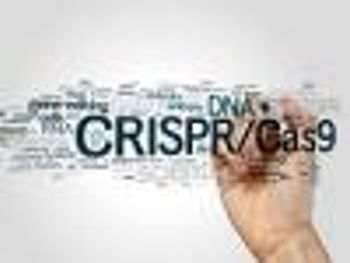
The CRISPR system may revolutionize the treatment of a range of diseases.
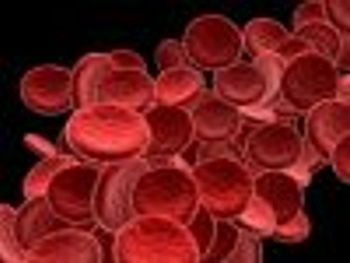
New drug class offers hope for lymphomas and leukemia.
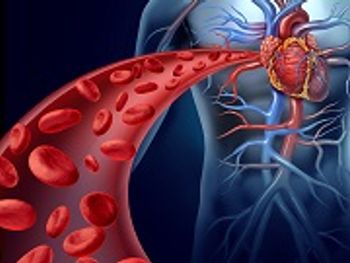
Researchers explore computational model to explore treatments for myocardial infarction.

The Right to Try Act allows terminally ill patients to take investigational treatments that have passed basic safety testing.

Improving the function neuron activity may effectively treat Rett syndrome.

Volanesorsen improved insulin sensitivity and glucose control in type 2 diabetes.

Top news of the day from across the health care landscape.

Researchers examine the impact of aerobic and resistance training on cancer outcomes.
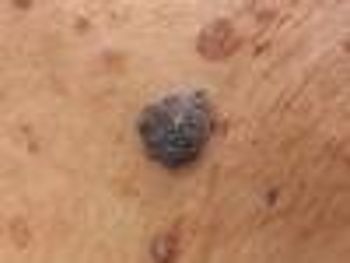
Deficient copies of gene leaves some patients more susceptible for melanoma.

Antiretroviral therapy use and viral suppression heavily impacted by issues such as poverty and race.
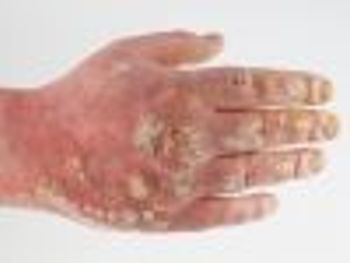
Ixekizumab fully or partially cleared moderate-to-severe psoriasis in 80% of patients.

Dimethylfumarate could provide a new treatment option for several neurodegenerative diseases.

Mindfulness-based treatments may benefit patients with type 2 diabetes.

The annual financial burden of heart disease in the United States is $180 billion.

Top news of the day from across the health care landscape.

Previous research has supported coffee consumption for reducing the risk of diseases such as cancer.

Novel agents using dill and parsley extracts show promise fighting cancer.

Ocrevus is an investigational, humanized monoclonal antibody that selectively targets CD20-positive B cells in multiple sclerosis.

Presence of different antibodies in the blood can influence response to abatacept regimen.

More work is need to determine the impact of weight loss programs in lowering blood sugar concentrations in type 2 diabetes.

Targeting cancer-driving proteins may further efforts in personalized cancer medication research.

Aflibercept and ranibizumab carry a high price tag compared with bevacizumab for diabetic macular edema.

Design of formulations based on flavopiridol shows promise inhibiting brain cancer cell growth.